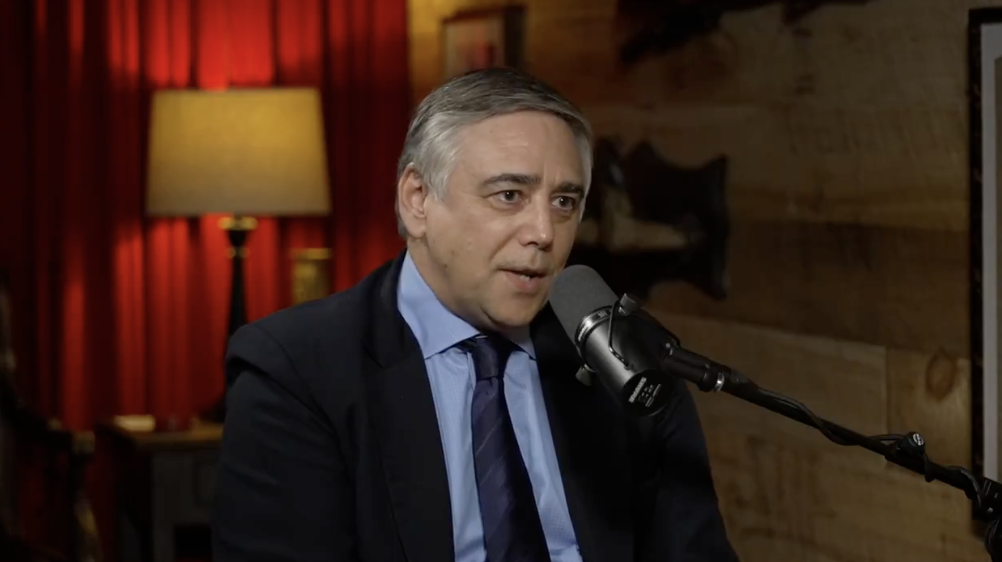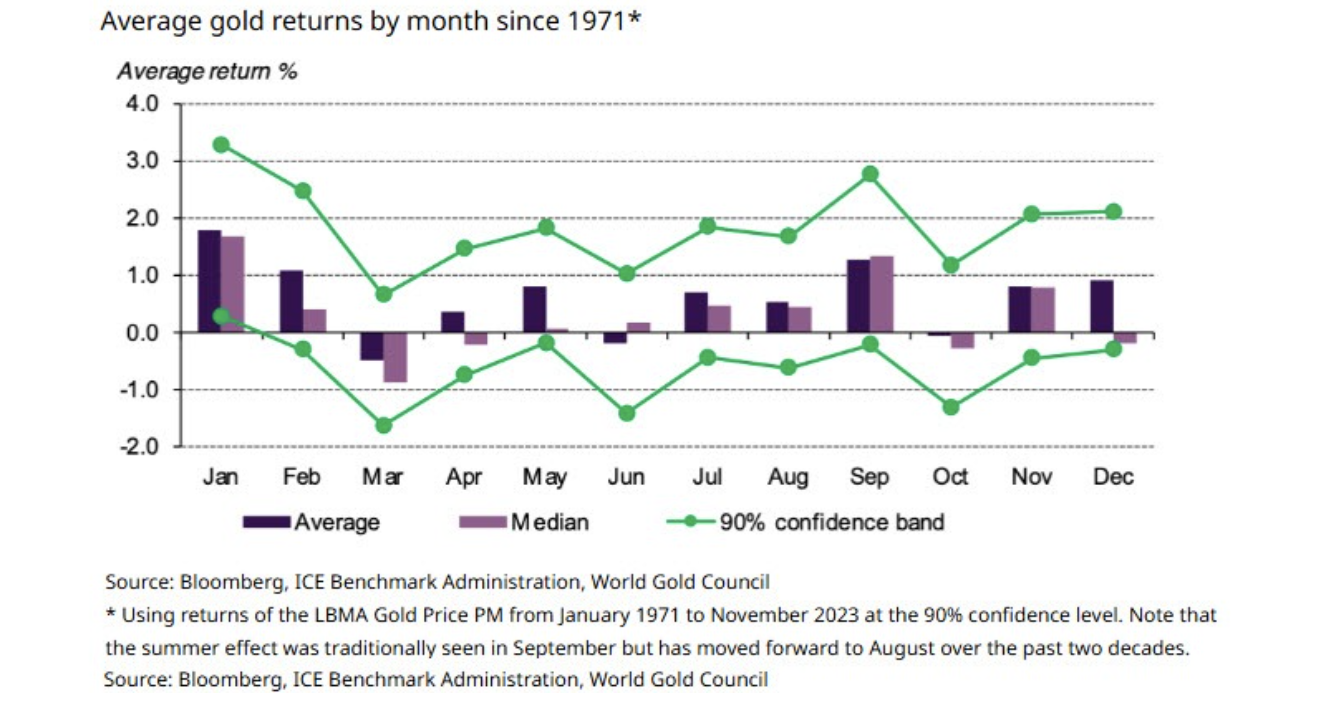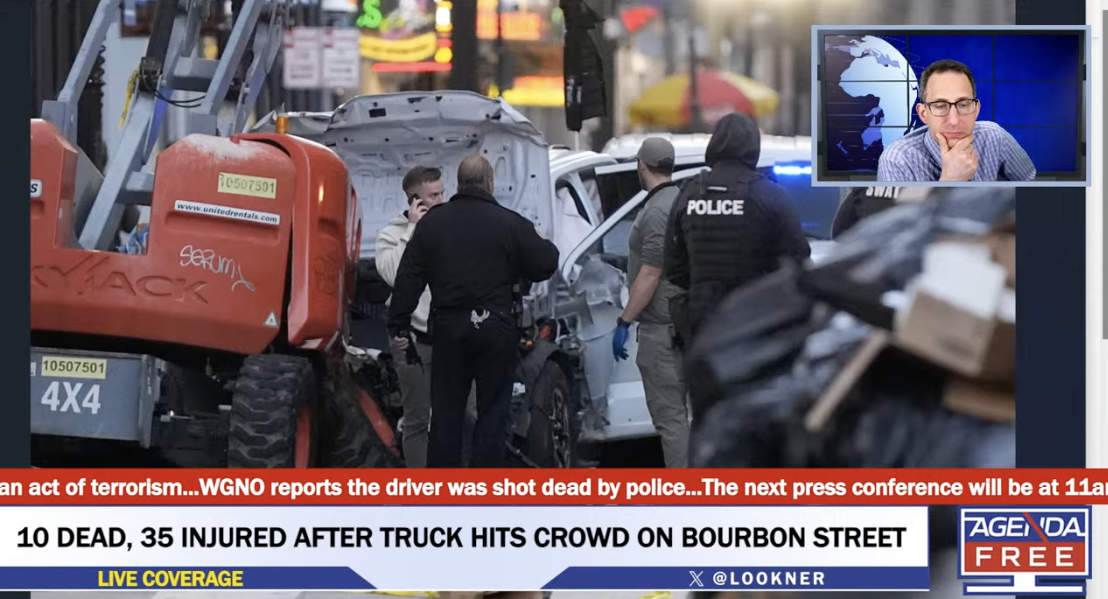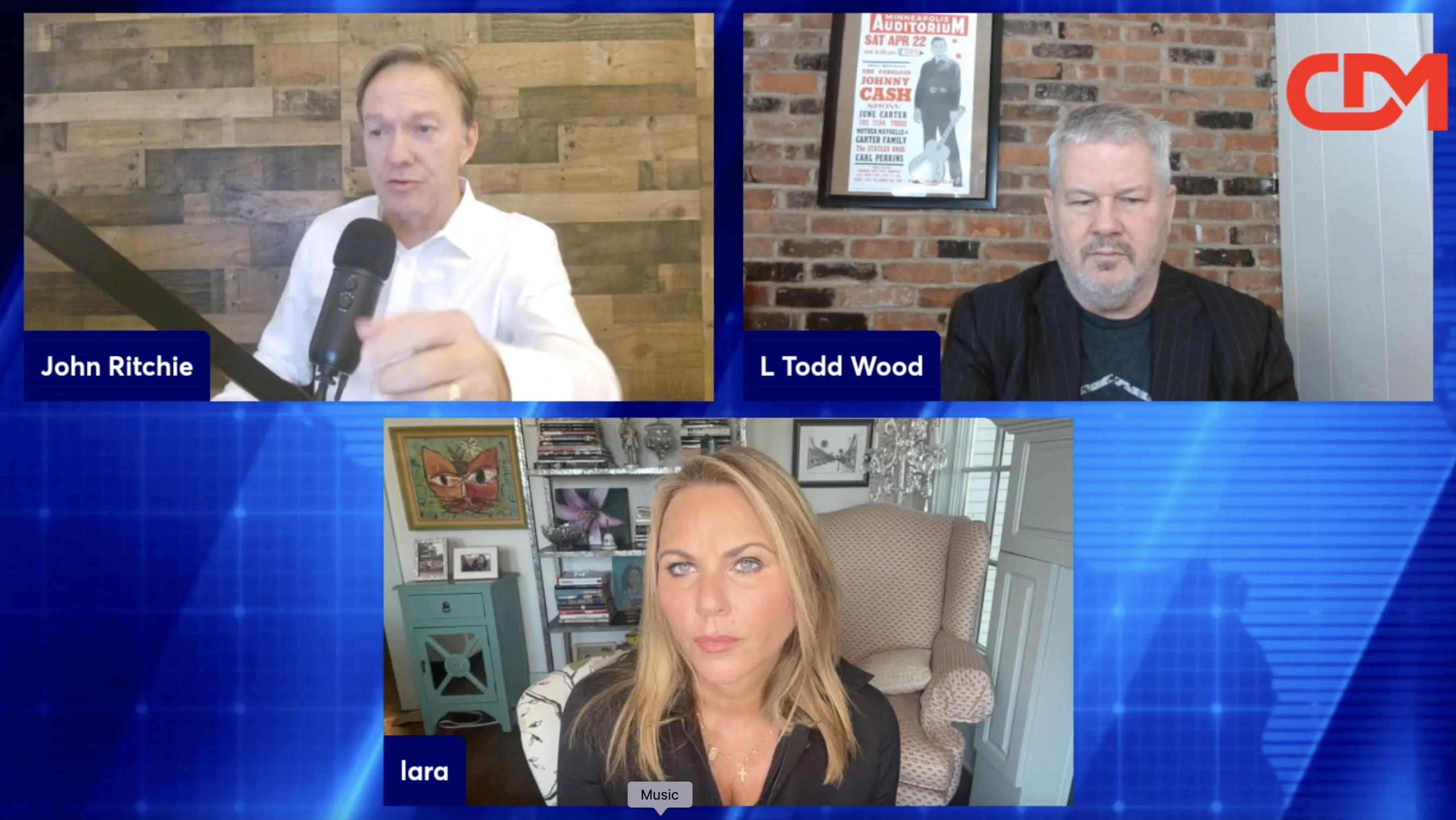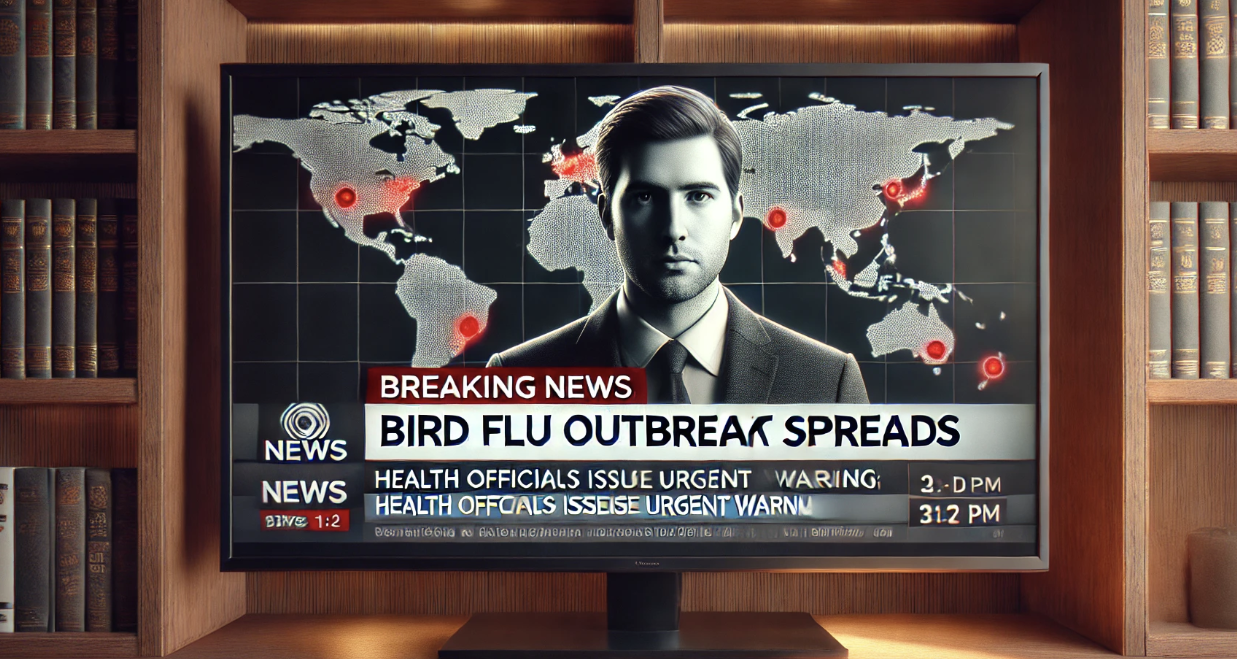Democrats Trust Party, State Leaders on Elections More than Republicans, Independents

Image by Gaconservative
Please Follow us on Gab, Minds, Telegram, Rumble, Gab TV, GETTR, Truth Social
The CD Media Big Data Poll in Georgia finds Democratic voters trust their party and state leaders to remain neutral in primaries and oversee fair elections more than other voters. Republicans and independents have little faith in party and state leaders to conduct primary and general elections fairly.
Thinking about primary elections, how much trust do you have in your party leaders to remain neutral and allow voters to decide on nominees?
When it comes to party neutrality in primaries, a third (33.3%) of Democratic voters say they have “a great deal” of trust in their party leaders. That compares to roughly only 1 in 5 (21.3%) Republicans and 1 in 10 (10.3%) independent and third party voters.
One-third of Republicans (33.3%) and a majority (57.4%) of independents at least expressed they have “not very much” trust, to include “none at all” coming in at 5.0% and 17.4%, respectively.
Only 3.5% of Democrats said “none at all”.
“Even though we saw decent percentages among those who expressed ‘a fair amount’ of trust, it’s not exactly a glowing endorsement,” Big Data Poll Director Rich Baris said. “The chosen scale really does underscore how soft voters are on this issue of trust in elections.”
By area, both urban and rural voters interestingly express the least amount of trust in their party leaders to remain neutral during primaries, though urban voters also express the highest amount of trust, with 30.3% saying “a great deal”. That’s nearly half the percentage of rural voters (15.5%) who say the same.
Thinking about general elections, how much trust do you have in state leaders to oversee free and fair contests?The same is true by area when voters are asked about their trust in state leaders to oversee free and fair elections. In urban areas, 29.0% expressed “a great deal” of trust versus only 14.0% in rural areas. Suburban voters came in at 21.5%.
‘NO AD’ subscription for CDM! Sign up here and support real investigative journalism and help save the republic!
“There’s an interesting combination of rural conservative voters and urban minorities who do not trust state leaders to oversee free and fair election contests,” Director Baris added. “But it’s not surprising given voters with advanced degrees are most likely to express ‘a great deal’ of trust in elections.”
“They’re also least likely to say they have ‘none at all’.”
The CD Media Big Data Poll in Georgia interviewed 1,519 likely voters statewide via Peer-to-Peer SMS to an online survey panel from May 8 to May 11, 2022. The survey sampling error is ± 2.5% at a 95% confidence interval. Results are weighted to represent national voter file demographics in the state to include gender, age, race and region. The likely voter screen includes vote history and self-reported likelihood to vote. It’s important to note that sampling errors for subgroups are higher. Full crosstabs.










